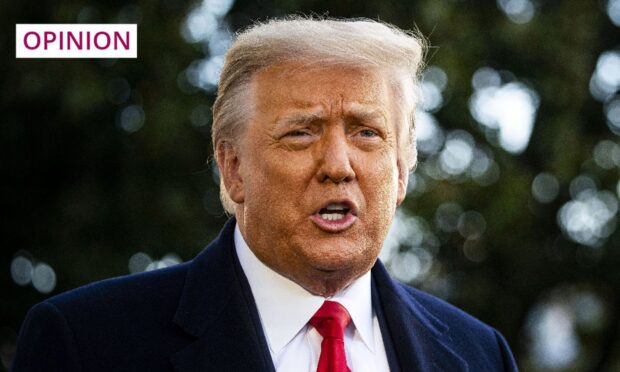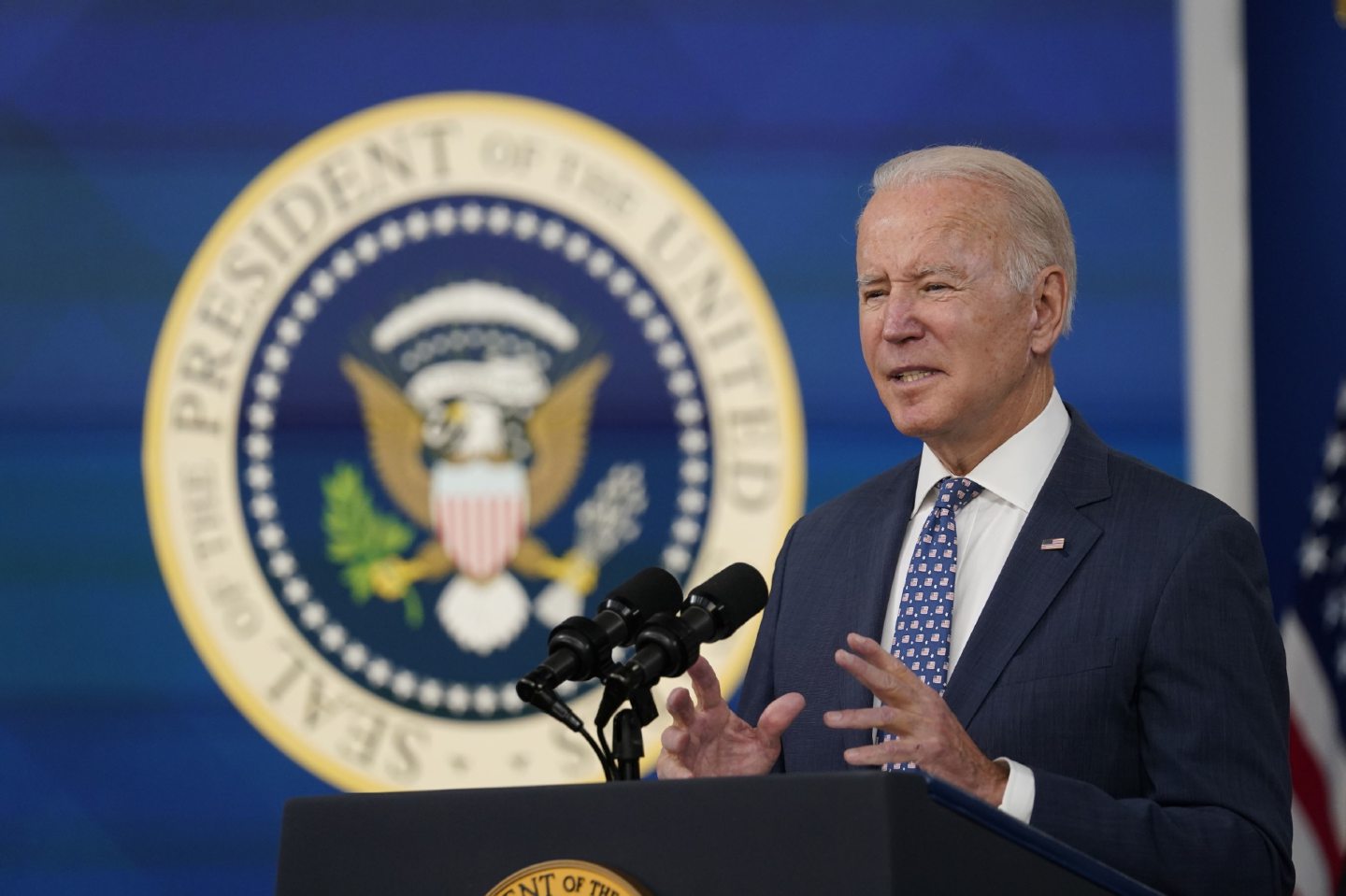Amidst the horrors of recent weeks, it has at least been reassuring to know there is a sensible moderate in the White House.
US President Joe Biden and Secretary of State Antony Blinken wasted no time in engaging in the crisis. Biden visited Israel just 11 days after the Hamas attacks of October 7. While quick to affirm Israel’s right to self-defence, he also urged restraint. The US is now calling for “humanitarian pauses” in the fighting.
Blinken was also on the ground within days of October 7, and has been engaged in frantic rounds of Middle East diplomacy since, aimed at stopping the conflict escalating into a regional war. A wider escalation would see Hezbollah, the Iran-backed Islamist movement and one of the most powerful paramilitary forces in the Middle East, engage Israel on its northern border with Lebanon. To dissuade Hezbollah and Iran, the US has sent a second aircraft carrier strike group (lots of warships with lots of aircraft) to the area.
Beyond the immediate crisis in Gaza, it is clear the Americans have wider geopolitical concerns. The Biden administration has grasped that Hamas, Hezbollah and Iran have converged to become what Dr Amichai Magen, senior lecturer at the Lauder School of Government at Reichman University in Israel, terms an “axis of resistance” to the US, and that this is part of a broader geopolitical reality in which Iran is allying with Russia and China to push against American global hegemony.
President Biden is trailing Donald Trump in five of the six most important battleground states one year before the 2024 election, new polls by The New York Times and Siena College have found. https://t.co/vkZgb4pC8G
— The New York Times (@nytimes) November 5, 2023
“The goal is to sow chaos in the Middle East, which is for them an opportunity,” said Magen in a recent conversation with the esteemed political scientist Francis Fukuyama. Chaos in the Middle East is good for Russia as it diverts attention and resources away from Ukraine, and a weakening of the US and its ally in the area is good for China because it wants to become a proper player in the region. The US instantly worked out that it must mobilise to counter this threat, according to Magen.
Peace and stability in the Middle East are in the interests of the US and democracies broadly, while war and strife advances the interests of the authoritarians. Which brings us to our next troubling consideration: the potential return of Donald Trump to the White House.
Trump’s foreign policy was rooted in grievance
President Biden’s assured response to the war and its new geopolitical reality is probably the optimal approach to safeguarding American interests, but is, ironically, doing him no favours with US voters. New US presidential polls out on Sunday showed Biden trailing Trump in five of the six most important battleground states, 12 months ahead of election day. With Trump the favourite to be the Republican candidate, there is potentially a clear route for him back to the White House.
Trump’s approach to foreign policy when he was in power provides a good case study in how nationalists are often the worst readers of the national interest. His foreign policy was rooted in grievance: the rest of the world was taking advantage of the US and those allies benefitting from US protection should pay for it.
But “America First” turned out to be damaging to American interests. The list of failures is long, from pulling out of the Paris climate accord to withdrawing from the Iran nuclear deal, which was successfully curtailing that country’s nuclear weapons ambitions.
If Trump does return to the White House, it seems unlikely he will understand, let alone respond to, the Iran-Russia-China threat to US dominance outlined by Magen. Indeed, Trump’s strange deference towards Russian President Vladimir Putin, along with his disdain for Nato (he reportedly wanted to pull the US out of Nato during his first term), suggests he could easily give Russia the upper hand. The implications of another Trump presidency for Ukraine are obviously also potentially catastrophic.
The UK might have to take a lead
The UK is the next most important member of Nato after the US. Around a year from now, we are likely to have a new centre-left government take charge at Westminster. Come 2025, that new administration could find itself dealing with erratic Trumpian foreign policy alongside the fallout from the current Middle East crisis. The challenges will be many.
Once the current UK Government is replaced, Britain will have to fully lean into the world again
A key role for Britain will be to reverse the relative isolationism of the Brexit period. The UK might have to take a lead in trying to hold the alliance of democracies together in the face of continuous attempts by authoritarian states to weaken the West.
The new government will have to repair the relationship with Europe and be generous in doing its bit to provide security for the European continent. Once the current UK Government is replaced, Britain will have to fully lean into the world again, after our own brush with national-interest-damaging nationalism.
John Ferry is a regular commentator on Scottish politics and economics, a contributor to think tank These Islands, and finance spokesperson for the Scottish Liberal Democrats


Conversation